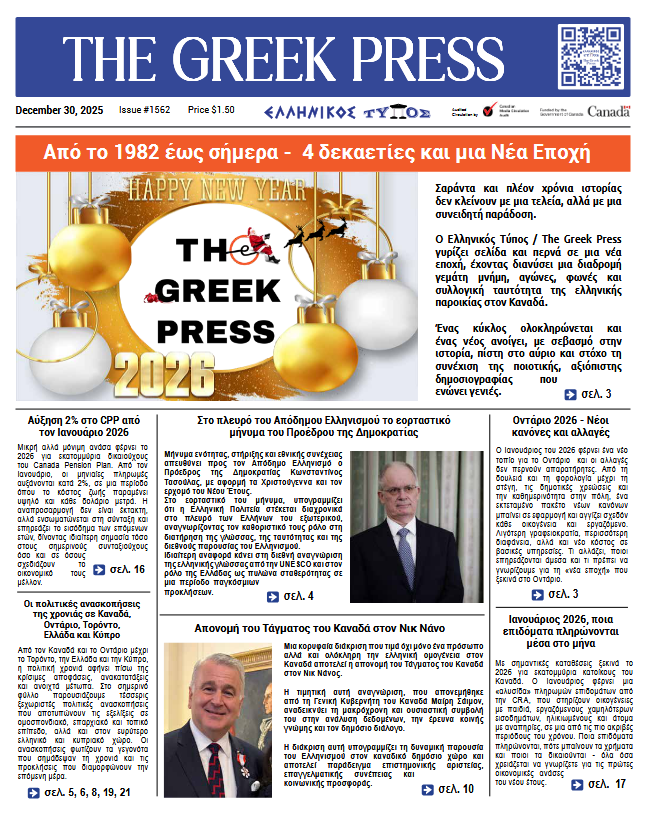 CLICK TO VIEW THE WHOLE PUBLICATION ONLINE
CLICK TO VIEW THE WHOLE PUBLICATION ONLINEFor the current production of Richard Strauss’s Arabella, the Metropolitan Opera reached back to Otto Schenk’s 1983 opulent staging. It was a wise decision and it is a production worth seeing on a movie theatre screen. Most of us will never know how much better it may be to see it at Lincoln Cener but that’s life.
This revival features a stunning cast led by soprano Rachel Willis-Sorensen in the title role, soprano Louise Alder as Zdenka, bass-baritone Tomasz Konieczny as Mandryka, bass Brindley Sherratt as Count Waldner, mezzo-soprano Karen Cargill as Countess Adelaide and soprano Julie Roset as Fiakermilli. I give all these names because Strauss composed some beautiful and intricate melodies for all of them including for the relatively minor role of Fiakermilli. More about this later,
The opera is set in Vienna in 1860 but the libretto was written by Hugo von Hoffmasnthal in the 1920’s and left unfinished. Strauss dealt with the unedited libretto and its creaky plot and finished the opera. It premiered in Dresden in 1933. There are ironies in all those dates but I will mention the fate of the Austrian Empire between 1860 and the late 1920’s which is very striking when you look at the marvelous set and the social order in the opera and the reality of Austria when it was composed and eventually produced in Nazi Germany.
The plot is about the beautiful Arabella looking for a husband as she is courted by handsome officers. That is understating her case. Her family is broke and a rich husband for Arabella is their ticket to solvency. Count Waldner is a committed gambler and consistent loser who has written to an old and very rich army buddy in Slavonia trying to entice him to marry his daughter. He enclosed a fetching picture of his daughter to help the rich man decide.
The old man is dead but his nephew and sole heir to his fortune, Mandryka, has seen the picture of Arabella and fallen in love with her (I told you the plot is slightly creaky). In the throes of love, he went searching for the girl in the picture. He stands on the street where she lives and Arabella sees him from her window and she falls in love with him. End of opera? Certainly not. We have two more hours before we are finished.
Let us praise the singers. Rachel Willis-Sorensen sings the role of Arabella for the first time and gives a superb performance. She has a beautiful voice and can soar to the high notes and handle her low notes with beauty and aplomb. Strauss has crafted arias for her that test her musical and vocal talents and she is outstanding.
I won’t bore you with the details of the passionate expression of love between the two as soon as they find out their names. Take my word for it and listen to their duet and Strauss’s music.
Arabella has a sibling called Zdenka, a girl, but family finances are not enough to raise two female children so she is dressed in men’s attire and becomes Zdenko. Strauss is equally generous with the vocal parts for her (whatever she is wearing) and Adler proves adept at handling the high demands placed on her. Zdenko/a becomes a plot catalyst by making it seem that Arabella is unfaithful to Mandryka by giving a key to Arabella’s suitor Matteo (Pavol Breslik, a superb tenor) and endangering the Arabella/Mandryka betrothal.
Strauss takes care of Arabella’s parents who are good for some comedy but much better for the music and singing opportunities that he provides. Her father goes from depression because he is broke, to elation because he has money to gamble, and to being an upstanding paterfamilias when the family honor is endangered. Her mother relies on a fortune teller for predictions about the family’s pending bankruptcy but all of that is alleviated by Strauss’s beautiful music sung superbly by Cargill and Sherratt.
Julie Roset has the minor role of Fiakermilli but she approaches it with vocal and physical exuberance and Strauss gives her some serious climbs up and down scales and some yodeling for good measure. Fiakermilli is the mascot of the cabbies and we are attending their annual ball.
The opera is set in the suite of a posh hotel where the Waldners live, a ballroom and the lobby of the same hotel. The set presents a vision of wealth, spaciousness and luxury. It is an image of old Vienna that we accept together with the fancy attire of the officers and the men and the gorgeous costumes of the women and the high manners of everyone.
Regardless of the occasionally creaky plot that could seem straight out of an operetta, Strauss’s complex, intricate and superb music takes it out of that milieu. As I said, most of the characters that sing are given superb arias or duets.
The revival by director Dylan Evans uses the 1983 sets designed by Gunther Schneider-Siemssen and the costumes of designer Milena Canonero and the lighting of Gil Wechsler.
Nicholas Carter conducted the Met Opera Orchestra and Chorus briskly and superbly.
The production is a delight to the ear, the eye and everything that we hope to find in an opera production.
Arabella by Richard Strauss was shown Live in HD from the Metropolitan Opera at select Cineplex theatres across Canada on November 22, 2025. There will be an encore showing on December 7, 2025. For more information including dates for reprises go to: www.cineplex.com/events
A scene from Arabella. Photo: Janathan Tichler, Met Opera


.png)




























